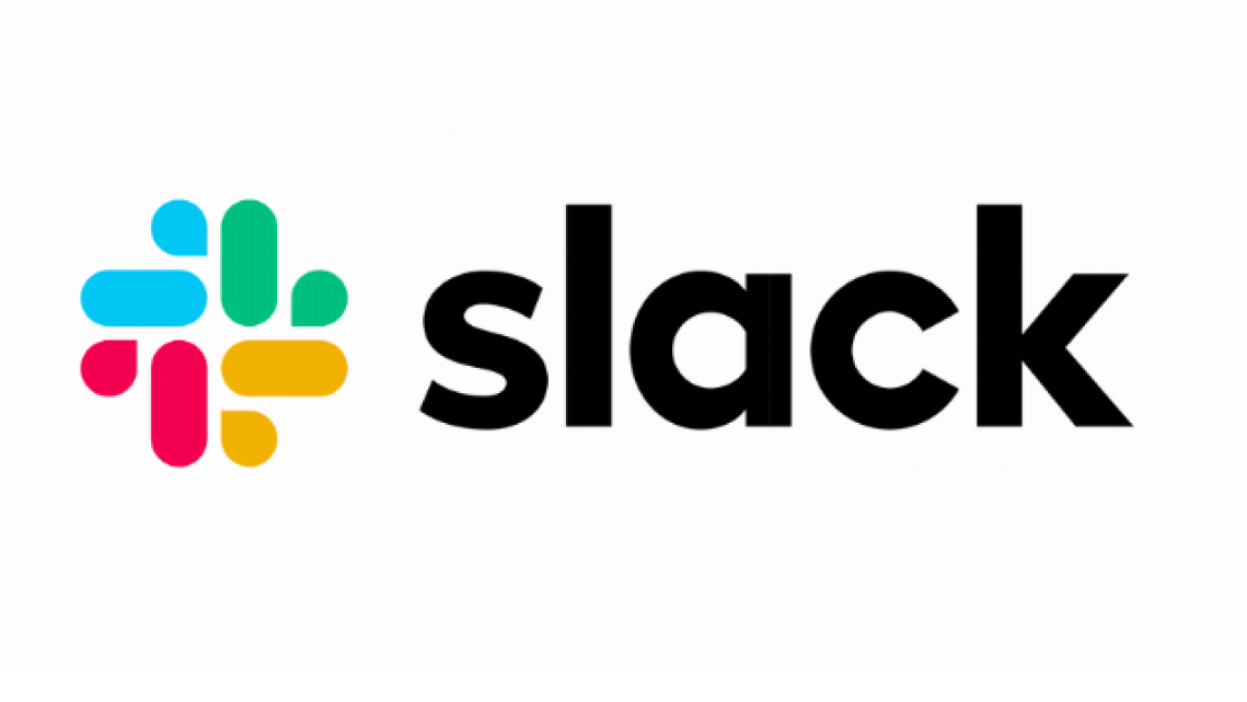What is Slack? A Brief Overview
Slack is a digital hub that connects your work with the people you collaborate with through channels, where you can communicate and share files easily. Slack was created as a way to streamline communication in an increasingly decentralized workplace. The platform offers a suite of tools including text chats, audio calls, video conferencing, file sharing, and integrations with other software tools.
Dive Deeper into Slack: The Digital Work Cornerstone
Slack is more than just a messaging platform. It is designed to serve as the central repository for your digital workspace. Among its standout features are:
- Channels: Segregated chat rooms that can be designated for different teams, projects, or even office events.
- Direct Messaging: Private one-on-one chats with your team members.
- Integrations: Ability to integrate hundreds of third-party services like Google Drive, Trello, and Salesforce to bring your tools into one unified workspace.
- File Sharing: Drag-and-drop interface for sharing files such as documents, spreadsheets, and PDFs.
- Voice and Video Calls: In-built audio and video calling functionality.
| Features | Benefit |
|---|---|
| Channels | Keeps discussions organized |
| DMs | Allows for private communication |
| Integrations | Centralizes workflow |
| File Sharing | Streamlines collaboration |
| Voice/Video Calls | Makes remote communication effective |
Using Proxy Servers with Slack
Proxy servers act as intermediaries between your device and the internet. When integrated with Slack, proxy servers offer several advantages:
- Security: By hiding your IP address, proxy servers add an extra layer of security.
- Anonymity: Maintain anonymous identity while using Slack.
- Speed and Reliability: Proxies can cache data, providing you with faster loading times.
- Geo-Unblocking: Access Slack even if it’s restricted in certain geographic locations.
- Monitoring and Filtering: Organizations can control and supervise the kind of data being sent or received through Slack.
Why Use a Proxy with Slack?
The following reasons underscore the importance of using a proxy server with Slack:
- Data Encryption: Encrypt sensitive information before it hits the web.
- Access Control: Regulate who can or cannot access Slack within your organization.
- Bandwidth Distribution: Ensure smoother operation by controlling the bandwidth used by Slack.
- Compliance and Reporting: Maintain logs for auditing or compliance purposes.
Challenges of Using a Proxy with Slack
While using a proxy with Slack offers many advantages, it’s important to consider potential pitfalls:
- Complexity: Initial setup might be challenging for non-technical users.
- Cost: High-quality proxies often come at a premium cost.
- Slower Speeds: Some proxy servers may reduce your internet speed.
- Compatibility Issues: Not all proxy servers are optimized for Slack.
Why Choose OneProxy for Slack?
OneProxy stands as the preeminent choice for proxy services tailored to Slack usage for the following reasons:
- High-Speed Servers: Our data center proxy servers guarantee high speeds and low latency.
- Reliability: OneProxy ensures 99.9% uptime, making sure Slack is available when you need it.
- Security: With advanced encryption protocols, we make sure your data is secure.
- Customer Support: Our team of experts is available 24/7 to guide you through any challenges.
Choosing OneProxy guarantees not just a proxy service, but a comprehensive solution designed to optimize your Slack experience.













